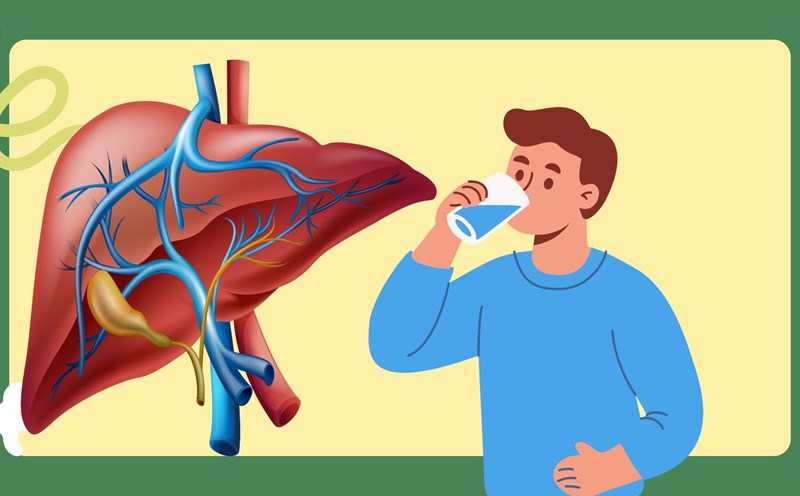Grapefruit contains a large amount of vitamin C, about 38mg in 100g of rice, which helps boost immunity, improve blood filtration and fight inflammation in the body.
According to the US National Center for Biotechnology Information (NCBI), adequate supplementation of vitamin C from natural foods is positively linked to reducing oxidative stress in kidney tissue, a common cause of chronic kidney damage.
Not only vitamin C, grapefruit also contains lycopene, naringin and flavonoids, strong anti-inflammatory substances that protect kidney Tube cells from damage caused by free radicals.
The plant compounds in grapefruit act as a shield to protect small blood vessels in the kidneys. For people with mildly impaired kidney function, eating grapefruit a few times a week can help maintain more stable blood filtration."
One of the strengths of grapefruit is its moderate potassium content, about 200mg per 100g, lower than bananas or oranges.
This is especially important for people with weak kidneys, because a diet too high in potassium can disrupt the heart rate and increase pressure on the kidneys.
Naringin in grapefruit has been shown to soothe inflammation, improve blood circulation and support lower blood pressure, a core element that helps protect the kidneys from secondary damage.
Although nutritious, not everyone should eat grapefruit uncontrollably. It is important to eat in moderation and avoid taking certain medications together.
Grapefruit can interact with drugs that treat blood pressure or statins. People who are taking medication need to consult a doctor before eating grapefruit regularly, especially when using juice.
For people with early-stage kidney weakness or people who want to prevent the disease, it is suitable to eat about 1/4 to 1/2 grapefruit at a time, 2-3 times a week. Eat fresh grapefruit, avoid adding salt or sugar, and eat it in the morning or early afternoon to avoid stomach effects.











